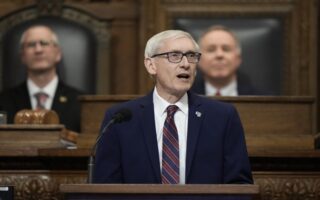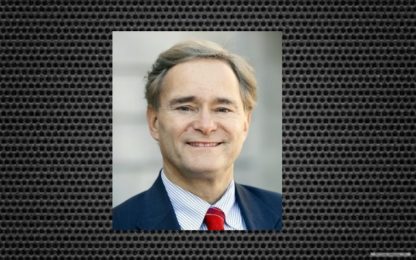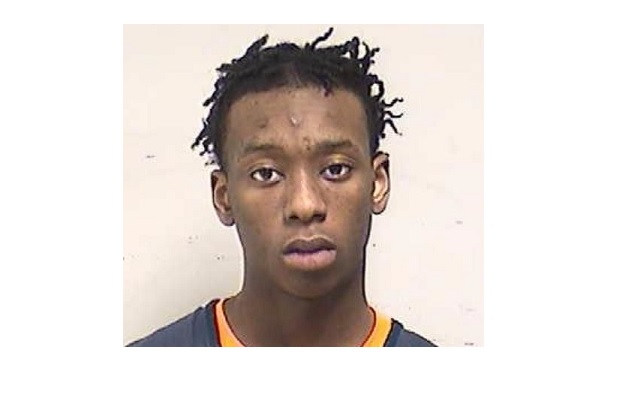Survey: UW students afraid to express views in class

By TODD RICHMOND Associated Press
MADISON, Wis. (AP) — Most students who responded to a survey about free speech on University of Wisconsin campuses said they’re afraid to express their views on controversial topics in class because they fear other students won’t agree or it could hurt their grades, according to findings released Wednesday.
A third of respondents, meanwhile, said they’ve felt pressure from an instructor to agree with a certain viewpoint. Almost half said they at least somewhat agree that administrators should bar controversial speakers if some students find the message offensive.
“I want the University of Wisconsin System to be looked upon as a beacon across the country where people want to go if free speech rights are very important to them,” Republican state Rep. David Murphy, chairman of the Assembly universities committee, said during a panel discussion on the survey results at UW-Oshkosh on Wednesday afternoon. “Our ideas need to be unsafe on campus. They need to be something we expect to be challenged and we cannot be offended by that.”
Free speech issues have come to the forefront in academia, as Republicans push schools to crack down on students who disrupt conservative speakers and to allow conservative speakers on campuses. The GOP also has maintained that liberal professors are indoctrinating students or making them feel uncomfortable about expressing conservative views.
The survey findings are certain to provide talking points for Wisconsin’s Republican legislators looking to cut UW funding in the next state budget.
UW-Stout’s Menard Center for Public Policy and Service sent the survey to undergraduates at all 13 UW System campuses last fall. The Menard family, a major Republican donor that founded the Menards home improvement store chain, donated $2.6 million to the center in 2019 and contributed $100,000 toward the survey. Republican Ryan Owens, a UW-Madison political science professor who ran unsuccessfully for attorney general in 2021, sat on an advisory board that reviewed the survey before it went out to students.
UW-Whitewater Interim Chancellor Jim Henderson was so incensed with plans for the survey that he resigned over it in April. He said then that he was upset over then-Interim System President Michael Falbo’s decision to send out the survey after initially deciding that institutions wouldn’t do it. He accused Falbo of changing his mind because he feared political consequences from Republican lawmakers concerned about campus leaders stamping out conservative viewpoints.
Falbo countered that the university board overseeing human research had approved the survey.
The survey was emailed to students at all 13 UW system schools last fall. Nearly 10,500 of the system’s 161,000 students responded.
The survey asked students if they there have been times when they’ve wanted to express their thoughts on a controversial topic in class but decided to remain silent. Almost 57% of respondents said yes.
A little more than 60% said they were afraid other students would disagree with them and 31% said they were afraid someone would file a complaint about them. About 40% said they were afraid their grades would suffer if they spoke up. Three-fourths of those students identified themselves as “very conservative.”
Nearly 37% of respondents said they’ve felt pressured by an instructor to agree with a specific viewpoint, with 64% of those students identifying as very conservative.
When asked how strongly they believe that university administrators should disinvite speakers if some students feel those speakers’ messages are offensive, one-third responded “not at all” or “a little.” About a quarter said “somewhat,” about 20% said “quite a bit” and 10% responded “a great deal.”
About a third of the students said they’d been taught at least something about the First Amendment, which guarantees free speech, in their classes.
Franciska Coleman, a UW-Madison assistant law professor who served on the advisory board with Owens, said during the panel discussion at UW-Oshkosh that college students don’t know how to disagree without taking things personally.
Owens, who also sat on the discussion panel, agreed. He said students are taught since kindergarten to avoid conflict, which is a “real problem.” He added that college classrooms aren’t always supposed to be “cathartic experiences.”
Democratic state Sen. Kelda Roys, who sits on the Senate universities committee, said students shouldn’t be “intellectually coddled” and shouldn’t be afraid to be questioned.
“It’s an opportunity for you to learn,” she said. “It’s an opportunity to persuade. … The university should not be an arm of censorship.”
___
This story has been updatd to correct that almost half of respondents at least somewhat agree that administrators should disinvite offensive speakers.






